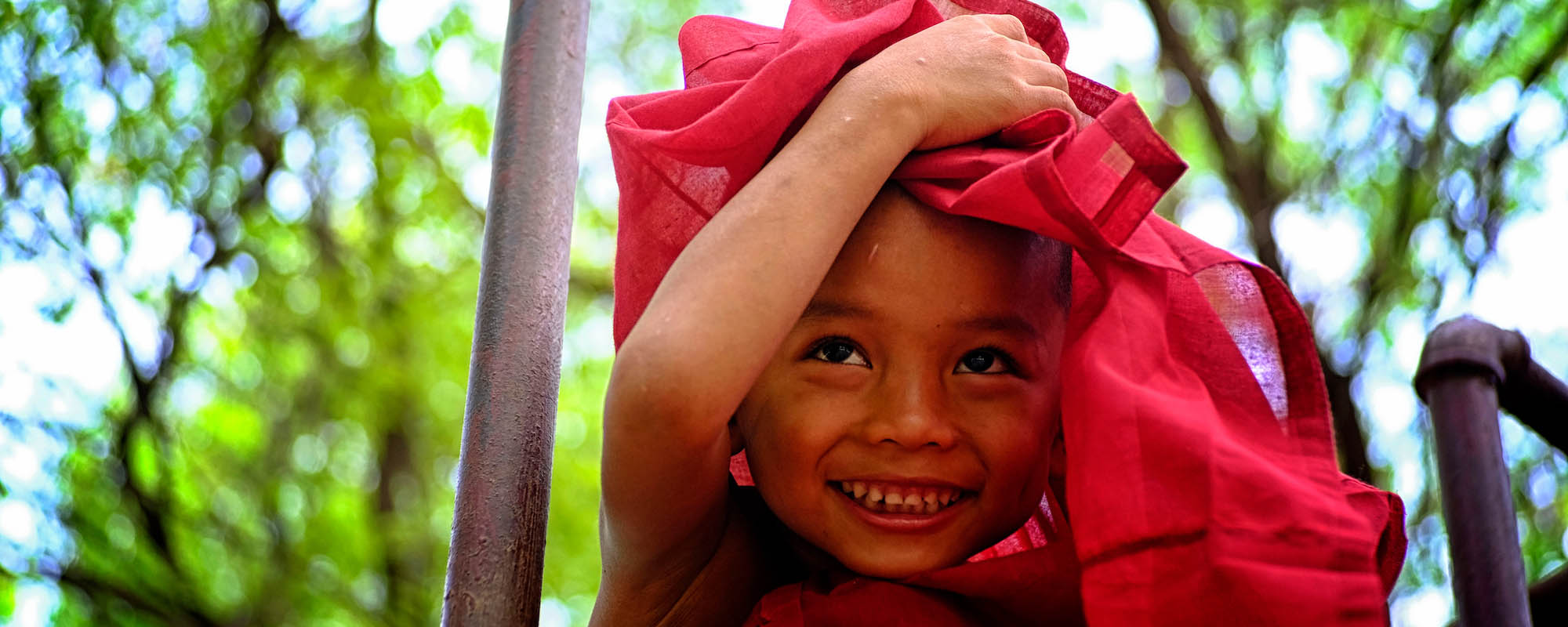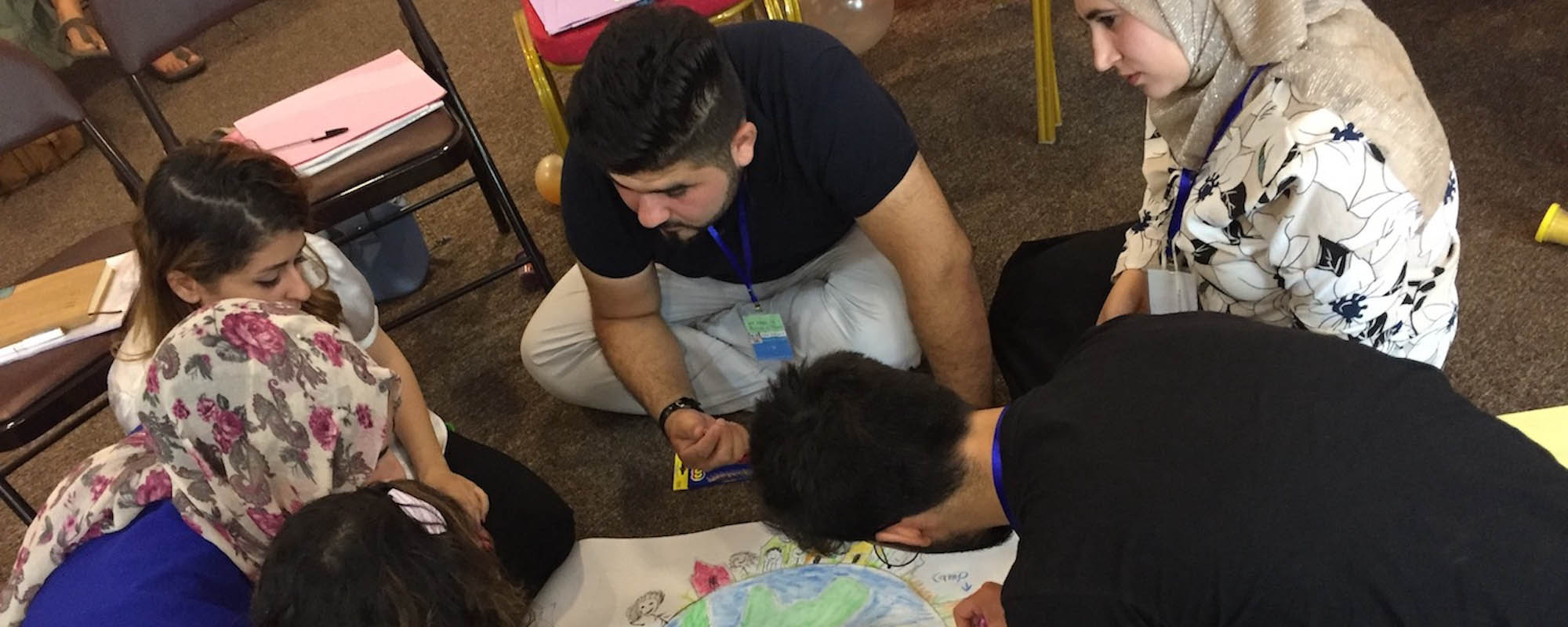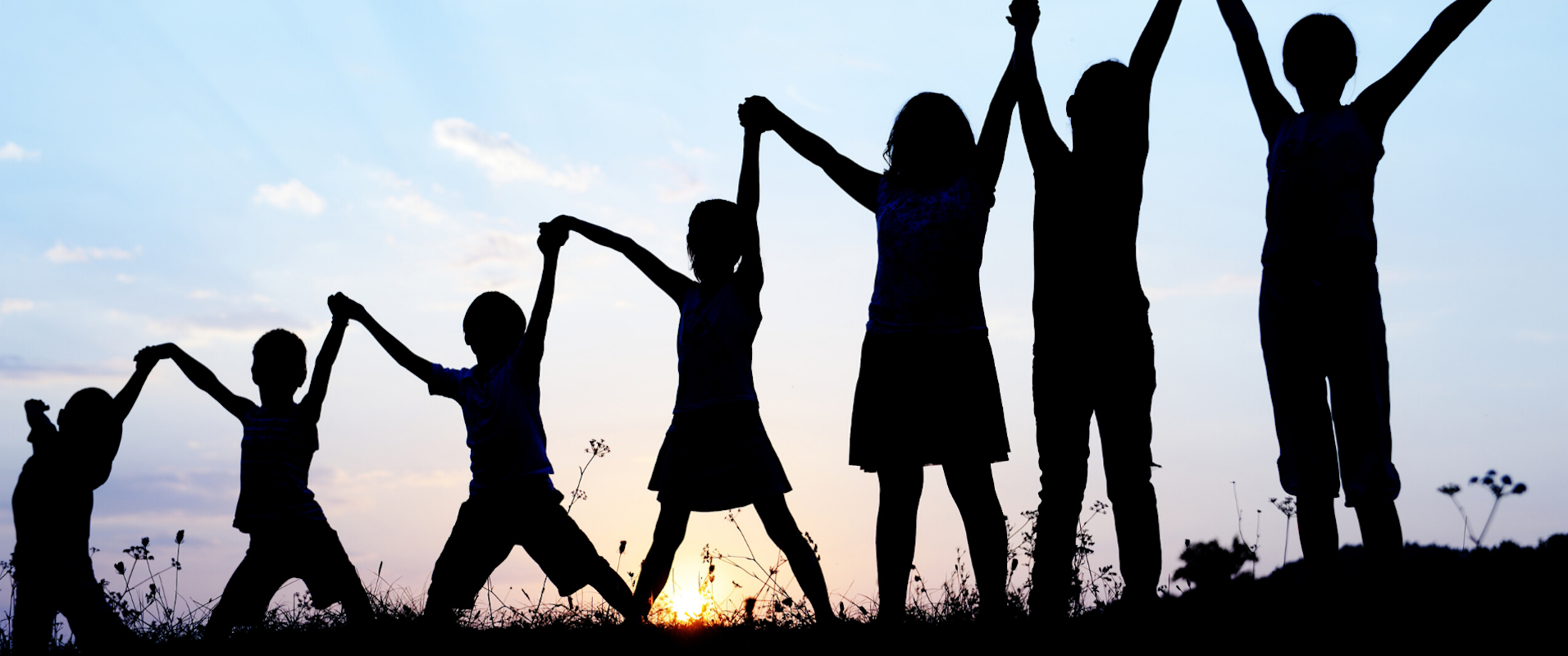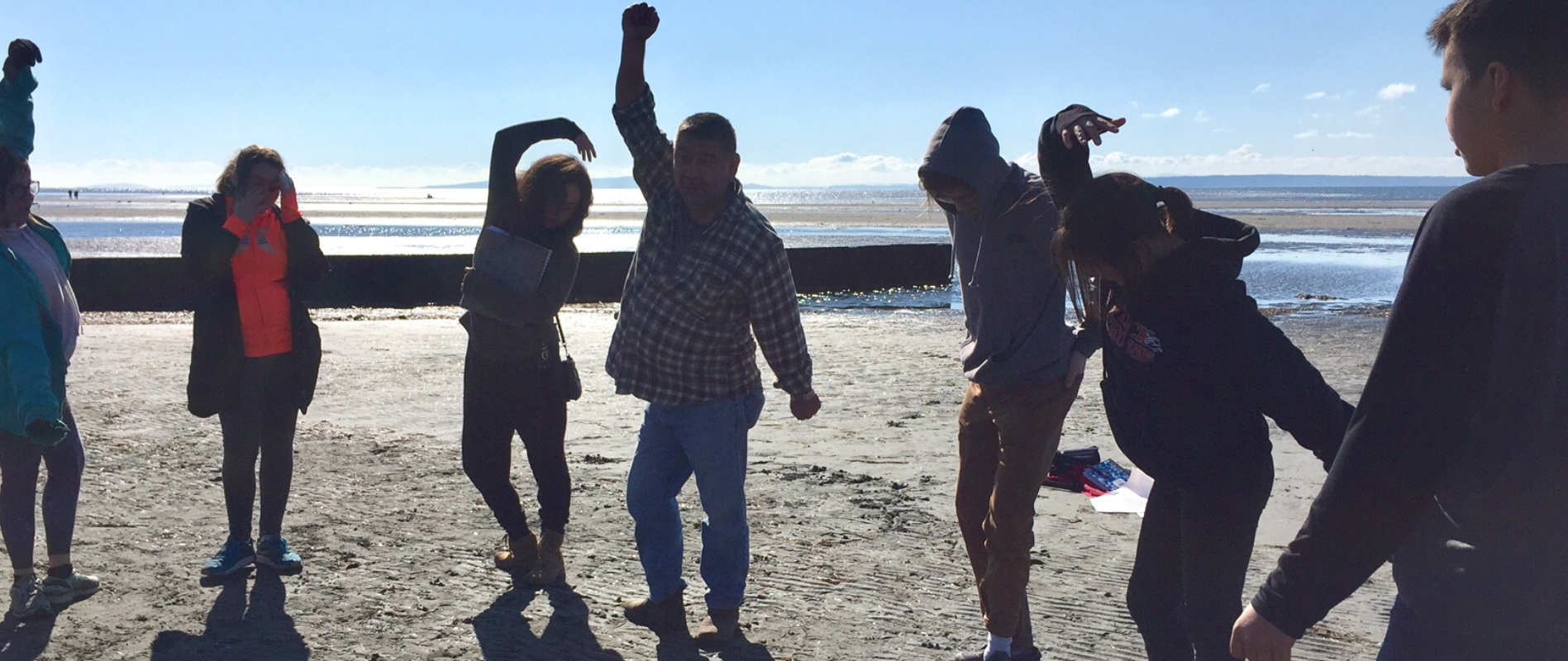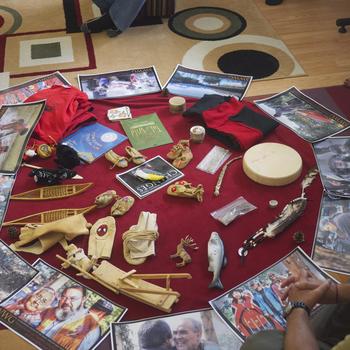
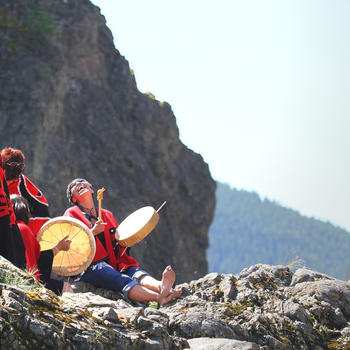
“Our experience is our responsibility, we need to drive this. We have reconnected with age old traditions and processes of caring for our children – we are having conversations about the change that needs to happen to allow this to begin again, things as simple as a grandmother comforting a crying child”. - SWWG Leadership, River of Change Activity, Telegraph Creek, 2013
Coming Home is IICRD's research and evaluation report of the Stikine Wholistic Working Group (SWWG)’s grass roots inspired journey of reclaiming their sacred, sovereign right to raise, care for and protect their children.
It focuses on the work of the Stikine Wholistic Working Group, a collective effort to supporting children and families by the Kaska, Tahltan and Tlingit peoples in North Western British Columbia and the presentation of these results to the BC Ministers of Aboriginal Relations and Reconciliation and Child and Family Development.
This report was the result of interviews and focus group discussions with Elders, leaders, practitioners, parents and children in 6 communities from 3 Nations across the Stikine in North Eastern BC over an 8 month period April – Nov 2013. It was presented to Chiefs and council and Provincial Government In Dec and again in Feb 2014 to share the success of their approach in reducing the number of children in care and open case files by 50% in a 4 year period by drawing on the strengths of traditional ways of caring for and supporting children and young people; many of which are demonstrated in their traditional power point.
"Today we have 0 children in care and have had 0 apprehensions since 2010. We still do get a few open case files but we are able manage these families within the community by working together with the families and MCFD". - Bernice, Lower Post
The report is entitled “Coming Home: Capturing the SWWG Community Directions and their Impact on Child and Family Protection and Well-Being. A Foundational Approach to Community and Economic Development in the North.” Results highlighted in this report include a significant drop (at least 50%) in the overall number of children in care since SWWG began its work and the effectiveness of:
- Partnership and Governance
- Land Based Food Security
- Healing
- Family Support and Wellbeing
- Capacity Building, and Youth Engagement
in contributing to the well-being of children in these communities.
“The uniqueness you see when you put children at the centre, impacts the community and the child and links to economics, builds on the Indigenous house system, fish camps and hunting, economy, everything in our culture. The child feels important and loved and cared for, decisions are made around them. It is important to see and to feel how our communities are actually changing something in a different way. We used to push kids away when they caused trouble, now we invite them in and welcome them back home. We shed new light by speaking about these things – we are creating a new language around the child”. - Wayne Carlick, Tlingkit Nation

